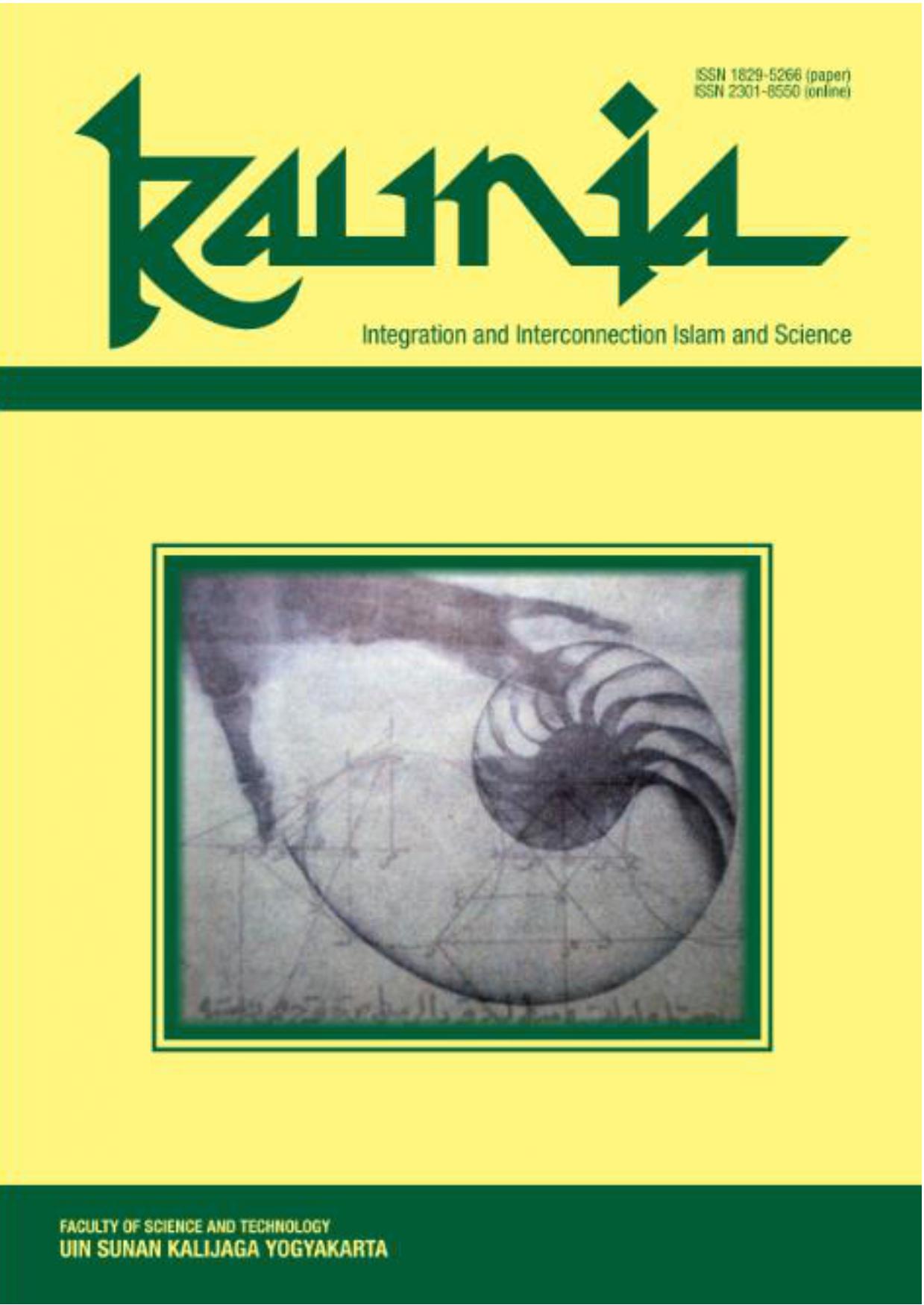The Relationship Between a Linear Equations System of COVID-19 and the Faithfulness to Allah SWT
DOI:
https://doi.org/10.14421/kaunia.3141Keywords:
exponential functions, COVID-19, devotion, system of linear equationsAbstract
In Islam, mathematics can be used and applied in worship and muamalah. One of them is a system of linear equations. The Corona Virus Disease pandemic or better known as the COVID-19 is a disease that still be pandemic in every country. A person’s devotion of Allah SWT can be influenced by an event. In this study, we will present the relationship between system of linear equations in the COVID-19 case and person’s devotion of Allah SWT. Using exponential functions of linear equation system which describes the number of victims exposed to COVID-19, we will show that the higher the number of victims exposed to COVID-19 outbreak from day to day, it will increase one's devotion to Allah SWT. And the lower the number of victims exposed to COVID-19 outbreak from day to day, all people must not be careless and continue to increase their devotion to Allah SWT.
References
Abdillah, 2021, "Pengertian dan Metode Penyelesaian SPLDV secara Lengkap", rumusrumus.com/spldv, accessed on 29 September 2021.
Mikhael Cavin, Barry., Al Kafi, Rahmat., Y.H, Yoshua., dan M.R, Imanuel, 2020, "Akan Sampai Kapan Perjuangan Kita Melawan Pandemi COVID-19?", Ikatan Alumni Departemen Matematika Universitas Indonesia.
Safitri, Maya, 2021, "Sistem Persamaan Linear Dua Variabel dengan Metode Grafik", dosenmatematika.co.id/sistem-persamaan-linear-dua-variabel-dengan-metode-grafik, accessed on 7 October 2021 at 10.00.
Widiyani, Rosmha, 2020, "Sebelum Virus Corona, Al-Qur'an Sudah Ingatkan Tinggal di Rumah Saat Bahaya", news.detik.com/berita/d-4947947/sebelum-virus-corona-al-quran-sudah-ingatkan-tinggal-di-rumah-saat-bahaya, accessed on 1 October 2021.
Downloads
Published
Issue
Section
License
Copyright (c) 2021 Kaunia: Integration and Interconnection Islam and Science

This work is licensed under a Creative Commons Attribution-NonCommercial-ShareAlike 4.0 International License.
All articles published in Kaunia are licensed under a Creative Commons Attribution-NonCommercial-ShareAlike 4.0 International license, with the copyright to these articles held by the journal. Anyone is free to read, download, copy, distribute, print, search, link to full text articles, or transform an article, in any medium or format, provided they do so non-commercially, give appropriate credit to Kaunia, and distribute any derivative work under the same (or equivalent) terms.
By submitting to Kaunia, authors agree to both the terms of the CC BY-NC-SA license and the automatic transfer of the copyright to their article if it is accepted.









